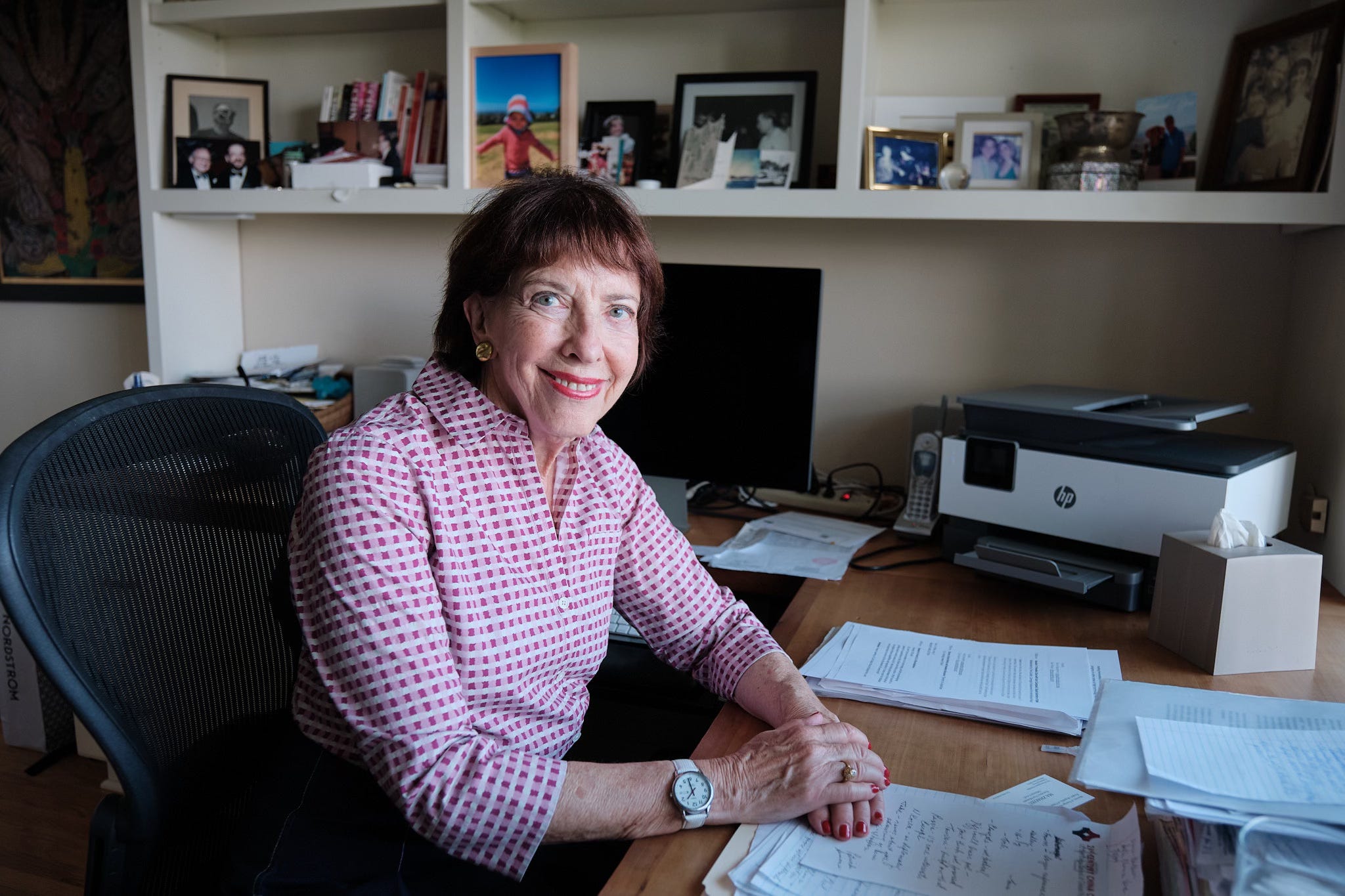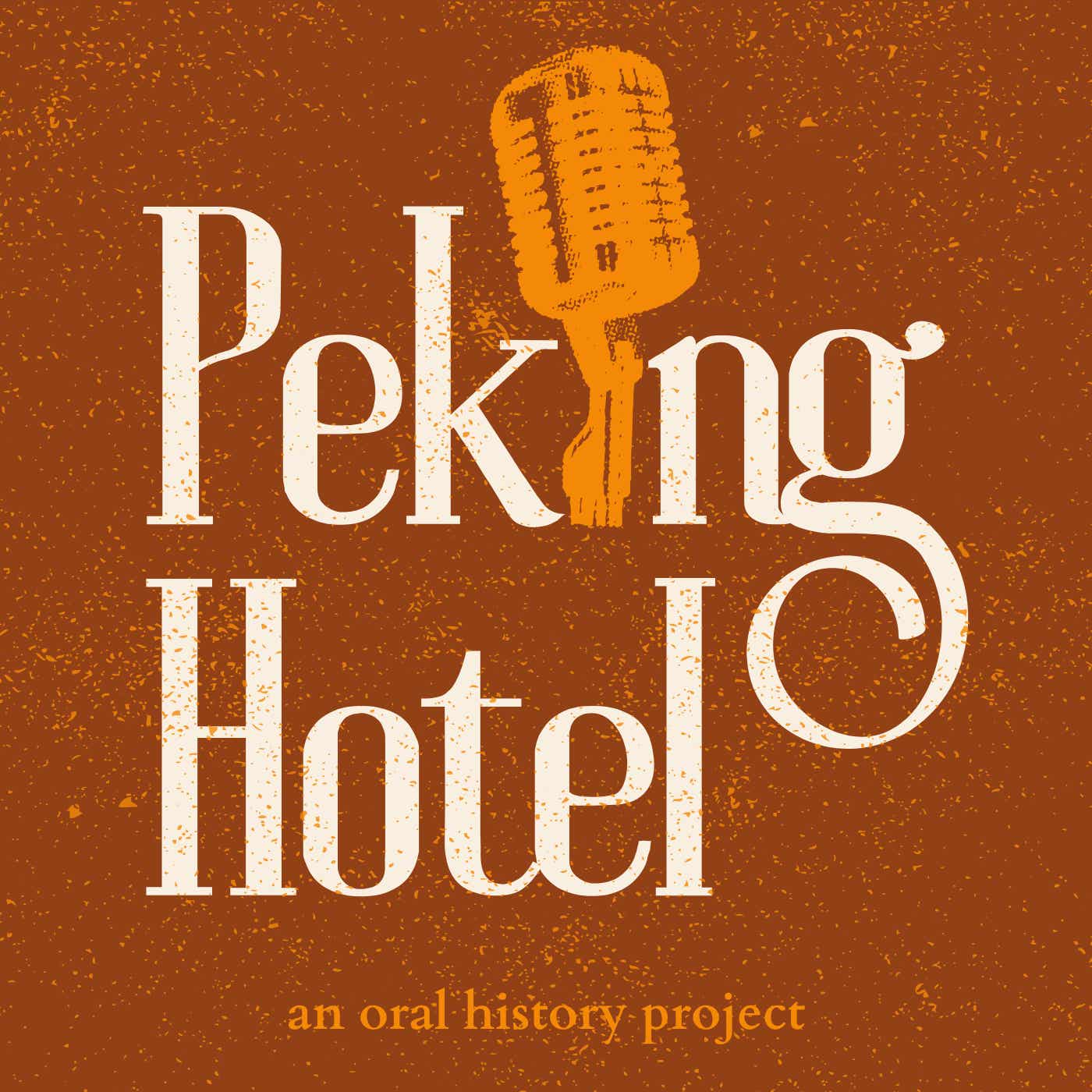
WTO Negotiations, life inside State Department, and the peak of American unipolarity — with Susan Shirk

Peking Hotel with Liu He
Deep Dive
Why did Susan Shirk decide to join the Clinton administration?
She was offered the position of Deputy Assistant Secretary of State for East Asia, which she felt was a manageable role focused solely on China, unlike a broader regional role.
What was Susan Shirk's primary goal when she joined the Clinton administration?
To improve relations between the US and China and to align China's foreign policy behavior more closely with the global order, particularly in areas of non-proliferation, human rights, and trade.
How did Susan Shirk feel about the human rights efforts during her time in the Clinton administration?
She felt discouraged, believing that external pressure had little impact on internal human rights improvements in China, which had to come from internal demand.
What significant event in US-China relations occurred during Susan Shirk's tenure in the Clinton administration?
The negotiation and eventual signing of China's entry into the World Trade Organization (WTO), which was a major diplomatic achievement despite significant domestic political challenges.
Why did President Clinton initially decide not to sign the WTO deal with China during Zhu Rongji's visit?
Domestic policy advisors recommended delaying the signing to avoid the perception of rushing the deal and making excessive compromises, which could harm its Congressional approval.
How did the relationship between the State Department and the National Security Council (NSC) impact Susan Shirk's work?
The NSC hoarded information and treated the State Department as their staff, which was frustrating and hindered effective interagency coordination.
What was Susan Shirk's view on the impact of China's WTO accession on its economic and political development?
She believed it was not a bad thing to help China attract more foreign investment and that the goal should be to induce China to behave responsibly rather than slowing its growth.
How did Susan Shirk describe her first day at the State Department?
She was worried about adapting to a hierarchical structure and having a boss for the first time, but found her immediate boss, Stanley Roth, to be respectful and supportive.
What was Susan Shirk's typical day like during her time at the State Department?
It involved dealing with press guidance, attending meetings, coordinating with various agencies, and engaging with Chinese diplomats, including weekly lunches with the DCM at the Chinese Embassy.
Why did Susan Shirk feel that the WTO negotiations were a significant achievement?
Despite challenges, the deal was seen as beneficial for both countries, opening up economic opportunities for the US and helping China attract foreign investment, which she believed was a positive step.
Shownotes Transcript
In this episode of Peking Hotel, China scholar Susan Shirk discusses how she joined the Clinton administration, negotiated the WTO deal, and lost faith in the U.S. ability to improve human rights in China. Get full access to Peking Hotel at pekinghotel.substack.com/subscribe)